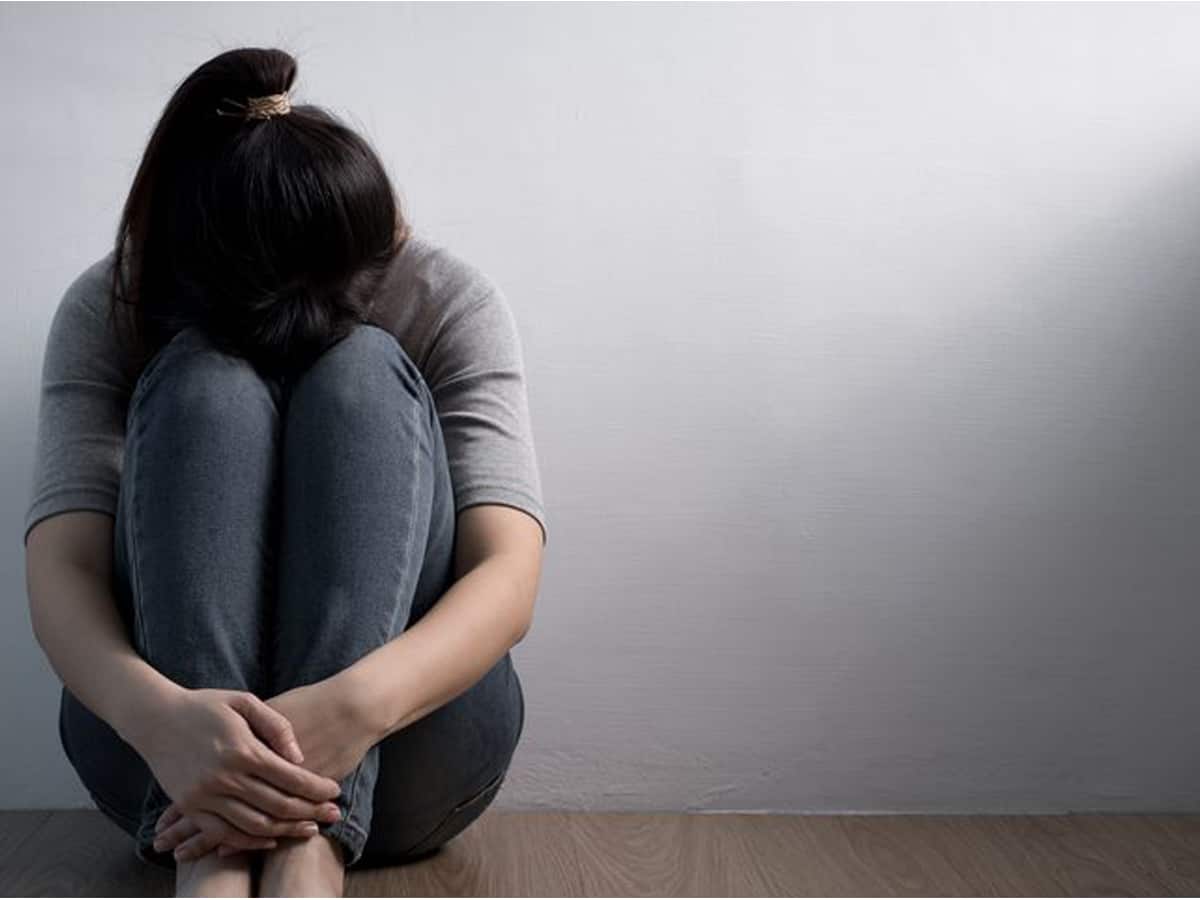
Menopause and Depression
The term “menopause” refers to the final menstrual period. Natural menopause occurs due to loss of ovarian follicles, follicular development and thus hormone production. When a woman hasn’t had periods for 12 consecutive months, she is considered to be in postmenopausal phase. This marks the natural end of the reproductive stage of your life, when your ovaries no longer have eggs to release. Most women enter the menopausal stage naturally between the ages of 45 and 55 years, with the average age of onset at around 51 years. Menopause is considered “early” when it occurs between 40 and 45 years. Women live around 1/3rd of their lives after menopause, so staying physically active and keep the mental state healthy becomes more important. Each woman experiences menopause differently and many feel only minor discomfort, while others have more severe symptoms. Usually menopause symptoms are usually temporary but can also last for several years.
Symptoms of menopause
1. Vaginal dryness
2. Problems with sleep due to low levels of progesterone and estrogen
3. Depression or anxiety
4. Irregular periods or bleeding leading to a loss of periods for 12 consecutive months
5. Hot flashes and night sweats
6. Metabolic changes with increased risk of cardiovascular diseases which is the leading cause of death in women
7. Ageing and menopause contribute to decline in muscle mass and strength in postmenopausal women.
8. Skin changes and most of the women experience dry skin
There may be emotional changes that women go through such as worries about getting older, losing family members or children leaving home. Nearing middle age often leads to increased level of stress, anxiety and fear. This can be attributed to physical changes such as decreasing levels of estrogen and progesterone causing hot flashes and sweating. Most commonly women go through mild to severe depression. Not many people know this, but menopause and depression are closely related to each other and almost every woman goes through it when they reach the menopause phase. Commonly it is believed that a woman entering menopause and going into depression is “normal”. However, this is a myth and it can be said that depression at any age is not normal and is always a cause of concern.
Depression is a mood disorder that causes persistent feelings of sadness or loss of interest and affects how you feel, think and handle daily activities. Many women going through perimenopause or menopause can tell you that extreme shifts in hormonal levels often lead to feelings of depression. Symptoms include insomnia, hot flashes, sleep disturbances and mood swings.
Symptom and signs of depression
1. Decreased energy or fatigue
2. Irritability
3. Loss of interest or pleasure in activities
4. Appetite and weight changes
5. Lack of self-care
6. Withdrawal from the society
7. Suicidal thoughts
8. Aches or pains, headaches, cramps or digestive problems
9. Difficulty sleeping or over sleeping
10. Lack of concentration
It is only recently that the medical community has created guidelines for the evaluation and treatment of perimenopausal depression. Some of the symptoms relate to hormonal changes due to menopause which overlap with common symptoms of depression, making it a challenge to evaluate perimenopausal depression.
Proper diagnoses can be performed by the doctor who will evaluate where you are in your transition to menopause and recommend the next steps for potentially treating menopausal symptoms. Hormone replacement therapy may help in improving mood swings related to menopause but it is not considered a form of treatment for depression. There are risks associated with hormone replacement therapy and consulting a doctor is always the best place to start at.
Your email address will not be published. Required fields are marked *
29 Jan, 2024
29 Jan, 2024
29 Jan, 2024
25 Jan, 2024